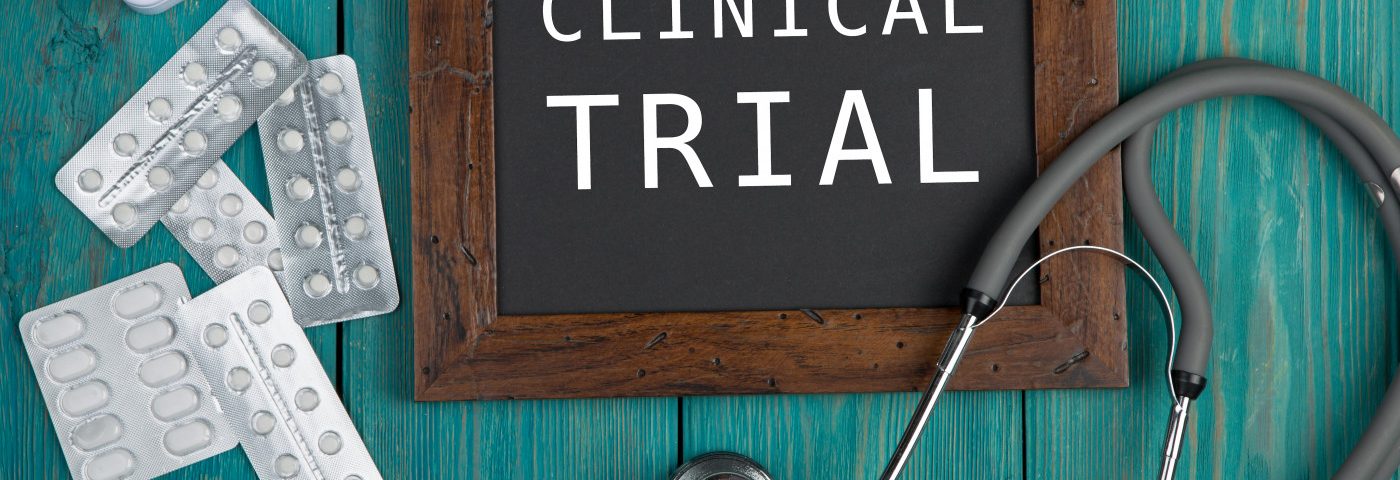Treatment with risankizumab for 12 weeks (three months) induced both clinical and endoscopic remission in people with Crohn’s disease, a type of inflammatory bowel disease (IBD), new Phase 3 clinical trial data show.
“Helping patients achieve both clinical remission and endoscopic response early is paramount when treating Crohn’s disease,” Remo Panaccione, MD, professor of medicine and director of the IBD unit at the University of Calgary, said in a press release.
Panaccione noted that patients started seeing improvements at four weeks, or after a month of treatment.
“These data are encouraging as we continue to evaluate the potential of risankizumab in Crohn’s disease,” he said.
Risankizumab is an antibody that blocks the activity of interleukin-23 (IL-23), a signaling molecule that promotes inflammation. Two Phase 3 induction studies — ADVANCE (NCT03105128) and MOTIVATE (NCT03104413) — are testing the medication in 600 mg and 1,200 mg doses in people with moderate to severe Crohn’s.
Both trials are sponsored by AbbVie, the company leading the therapy’s development. The two studies share a similar design and both were intended to evaluate the safety and efficacy of the two doses of risankizumab, delivered by intravenous or into-the-vein infusion, compared with a placebo.
MOTIVATE evaluated patients who had responded inadequately or were intolerant to biologic therapy. Meanwhile, ADVANCE included a mixed population of patients who had responded inadequately or were intolerant to conventional and/or biologic therapy.
In ADVANCE, 336 participants were given risankizumab 600 mg, while 339 were given a 1,200 mg dose; 175 patients received a placebo. The 600 mg and 1,200 mg doses of risankizumab in MOTIVATE were each given to 191 participants, with 187 receiving a placebo.
Both studies used two different measurements to assess clinical remission: the Crohn’s Disease Activity Index (CDAI), and the two-component patient-reported outcome (PRO-2). PRO-2 is based on daily average stool frequency and abdominal pain scores.
Clinical remission rates based on CDAI in ADVANCE, after 12 weeks of treatment, were significantly higher in the participants given risankizumab at either dose relative to those receiving a placebo. In all, 45% of those on the 600 mg dose and 42% of those receiving 1,200 mg achieved clinical remission, as compared with 25% of those on a placebo.
Similar results were found based for PRO-2, with clinical remission in 43% of those given the 600 mg dose and in 41% of those receiving 1,200 mg. Clinical remission occurred in 21% of the patients in the placebo group.
Findings in the MOTIVATE trial were comparable. Based on CDAI, remission rates were 42% for risankizumab 600 mg, 41% for the 1,200 mg group, and 19% for those given a placebo. Based on PRO-2, the respective values were 35% and 39% for the two risankizumab doses and 19% for those given a placebo.
In both trials, significantly more participants given risankizumab had an endoscopic response. In ADVANCE, such a response was found in 40% of participants given risankizumab 600 mg, 32% of those given 1,200 mg, and 12% given placebo. The respective values in MOTIVATE were 29% and 34% for the two risankizumab doses and 11% for those on the placebo.
In both trials, symptoms were eased after as little as four weeks. Specifically, in ADVANCE, clinical response rates based on CDAI after four weeks were 41% for patients given risankizumab 600 mg, 37% for those given 1,200 mg, and 25% for those given a placebo. The respective values in MOTIVATE were 36% for the and 33% for the two risankizumab doses and 21% for placebo.
“It was exciting to see that a significant proportion of patients treated with risankizumab achieved both measures after 12 weeks of treatment, as well as achieving symptom improvement at week 4,” Panaccione said.
“The progressive nature of Crohn’s disease makes it critical that treatment options go beyond symptoms to help patients achieve endoscopic response,” said Michael Severino, MD, vice chairman and president of AbbVie.
“These positive results show how targeting IL-23 can rapidly induce improvements for people living with this condition,” he said.
Safety data from the two clinical trials were generally positive. In both MOTIVATE and ADVANCE, the rates of serious adverse events (side effects) were higher among participants given a placebo (15.1%) than among those given either dose of risankizumab (7.2% of patients in the 600 mg group and 3.8% in the 1,200 mg group). Rates of serious infections, and of adverse events that led to discontinuation of the trial, also were higher in the placebo group.
Common adverse events associated with risankizumab treatment included headache, nasopharyngitis (the common cold), and fatigue.
In ADVANCE, there were two deaths in the placebo group. In MOTIVATE, one participant given risankizumab 1,200 mg died due to lung cancer, which was determined to be unrelated to the study treatment. There were no major heart-related adverse events or allergic reactions in either trial.
According to AbbVie, full results from the trials will be reported at upcoming scientific conferences and published in peer-reviewed journals. Data from these trials, along with data from an ongoing maintenance study assessing risankizumab in Crohn’s disease (NCT03105102), are expected to support applications for regulatory approval.
“We look forward to advancing research showing risankizumab’s potential to improve clinical and endoscopic outcomes and minimize the burden of Crohn’s disease for patients,” Severino said.
In addition to Crohn’s disease, risankizumab is being developed for other inflammatory conditions, including ulcerative colitis (another form of IBD), atopic dermatitis, and psoriatic arthritis. In the U.S. and the EU, the medication is approved to treat psoriasis and it is marketed under the brand name Skyrizi.

